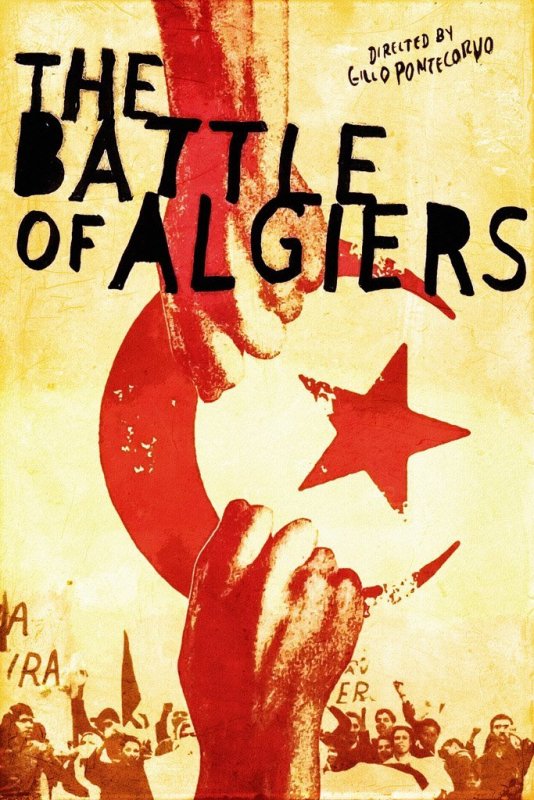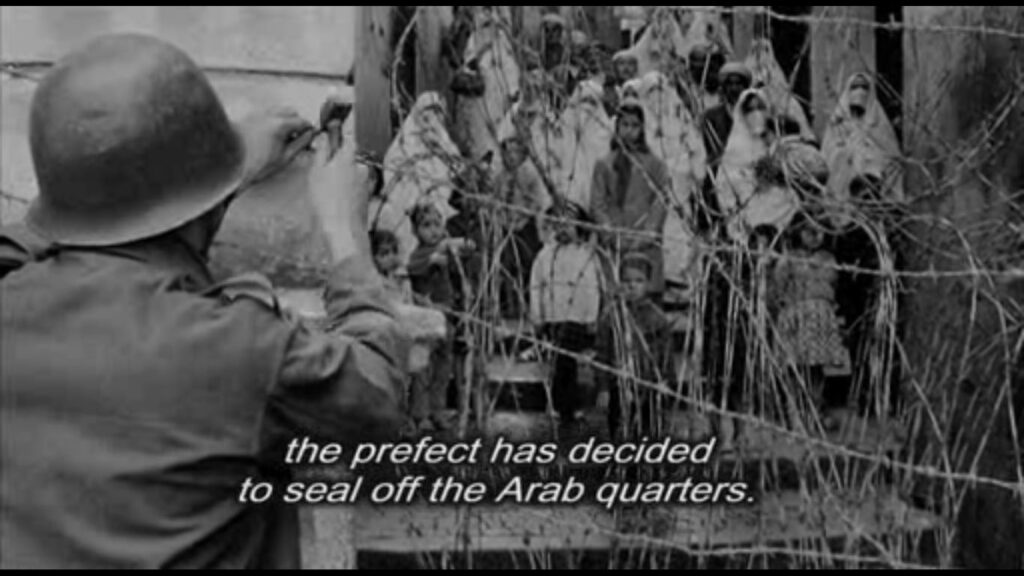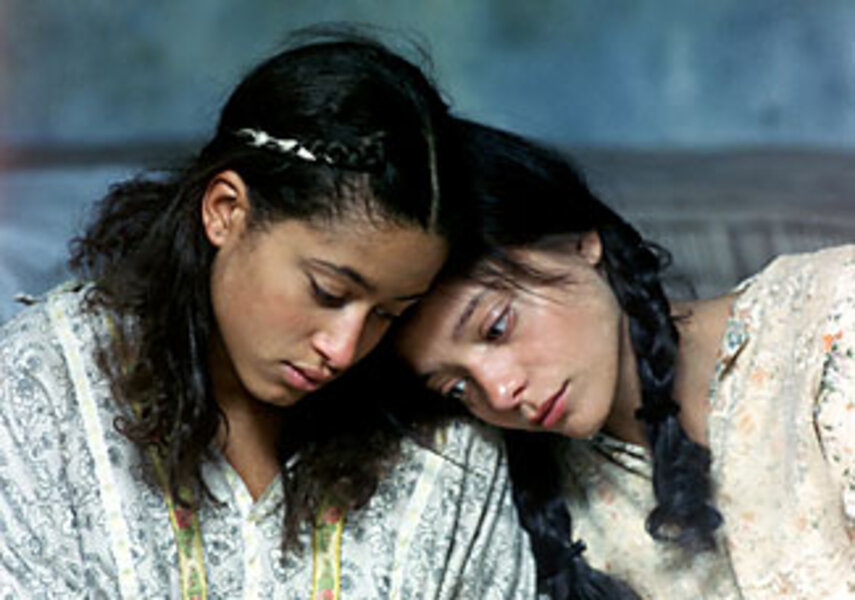The Occupation of Tunisia and Algeria through Film
By: Nevin Girgis / Arab America Contributing Writer
Tunisia and Algeria
Similar to every other Arab country, Tunisia and Algeria were occupied by France. At one point, Germany invaded Tunisia during the French occupation. The occupation of a country changes its trajectory in the years and those after. Citizens are repulsively treated and forced into unlivable environments. The physical and regulatory changes that occurred prevented the residents from fighting back or calling for help.
Films, The Wedding Song (2008) and The Battle of Algiers (1966) illustrate how the occupations forced people to do unthinkable things to be able to survive in their own countries. Additionally, how the occupants influenced the citizens into treating one another. Historical film productions are important in creating the visualization of events that are only on paper. Evidently, there are cinematic inclusions that do not make the films entirely historically accurate. Films like these demonstrate the narrative of those living in the country that would not be in the textbooks.
The Wedding Song (2008)
The Wedding Song (2008) by Karin Albou placed in 1942 demonstrates Tunisia during France’s occupation including Nazi Germany’s invasion. The film starts by portraying the relationships of Muslim Tunisians, represented by ‘Nour’ and Jewish Tunisians, represented by ‘Myriam’. In the first scenes of the film, Myriam and Nour are neighbors and best friends.
Later, Germany’s distribution of propaganda against Jews tests their friendship. “The Americans and English bomb you to invade your country. They’re friends of the Jews. We’re friends of the Muslims. Show this document and you’ll be treated as a friend” (29:20-29:43). The whole country is under French control, however, Nazi Germany uses the religious differences to convince Tunisian Muslims to get rid of Jews, as a part of their overall efforts for the Holocaust.
During the influence of Nazi indoctrination, Tunisian Muslims begin to hate the Jews. Nour proclaims to Myriam: “We’re exploited in our own country. The French exploit us! And you, the Jews, you help them” (1:12:45- 1:12:50). Nour had grown up with Myriam knowing she was an Arab Jew, but because of Germany’s invasion and their release of misinformation, Nour began to separate Myriams nationality from her religion, which was never the case before.
Jews ranked higher because Judaism is closer to Christianity. The idea of association with the French quickly spread causing major hate for Tunisian Jews. A general thought that often exclaimed throughout the film was: “They’re worse than the French. Let’s hope the Germans win the war and rid us of the French” (7:58-8:03). Through the efforts of both sides, the war between France and Germany evolved into a war between Tunisian Muslims and Tunisian Jews.
The Battle of Algiers (1966)

The Battle of Algiers (1966) by Gillo Pontecorvo cinematically portrays the effect of the French invasion of Algeria in 1830. It started as a military invasion, however, because of the short distance between the countries, eventually, the French brought over families along with other resources. In total, France occupied Algeria for 132 years. Representing Algerians striving to seek national independence the FLN (Front de Liberation Nationale) formed. The FLN uses guerilla warfare in an attempt to grab the attention of the United Nations.
The beginning of the movie sets the foundation for the theme of patriotism and hate Algerian people had for the French because of the power they had over their own country. Throughout the film, the portrayal of France’s authority over Algeria is incredible. In the Casbah, the citadel of Algiers, several checkpoints are guarded by French soldiers that natives had to go through to go on with their daily lives. However, to pass these mandatory checkpoints only the Arabs needed proper papers and identification and if necessary there would be a search through their belongings and even clothes.
Avengement of Algiers

During minutes, 37 to 40 is a scene of the French bombing of the Casbah. Thus avenging their country, the FLN created an unrecognizable tactic. Through the use of harmless-looking women, the FLN accesses areas heavily populated with French people. Three women change their appearances to go past the checkpoints without suspicion. One made herself more French looking by cutting her dark long hair and going blond. Another woman made herself appear more motherly and brought a child with her to lessen any suspicion. Finally, the already beautiful last woman put on more makeup to enhance her beauty and ensure a free pass.
Being assigned to separate areas, known to be heavily populated by the French, the three women took bombs and successfully passed any checkpoints considering their disguises and ploys. The French Army did not detect the women and the bombings against the French by the FLN were successful.
Occupation’s Effect
All in all, occupation reshapes countries as a whole through physical and developmental changes. Countries of the Middle East have been occupied numerous times and each occupation has left its mark on each country. Other than changes to the language and physical changes, in some cases, patriotism was left behind, but in other cases, animosity for one another remained. From the interpretation of The Wedding Song, Tunisia, Germany, and France left enmity between Jews and Muslims. Through the illustration of The Battle of Algiers, in Algeria, an extreme sense of patriotism resided with the people. It is interesting to think what these countries be like if it were not for forceful occupation by outsiders.
Check out Arab America’s blog here!











